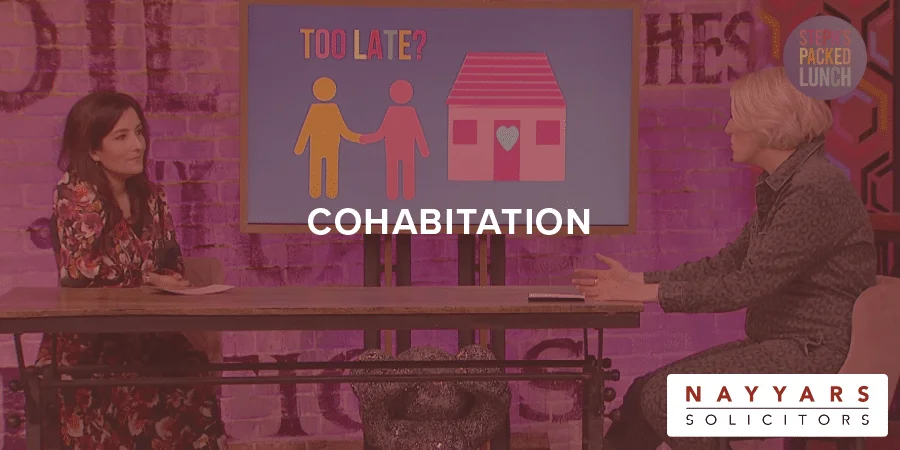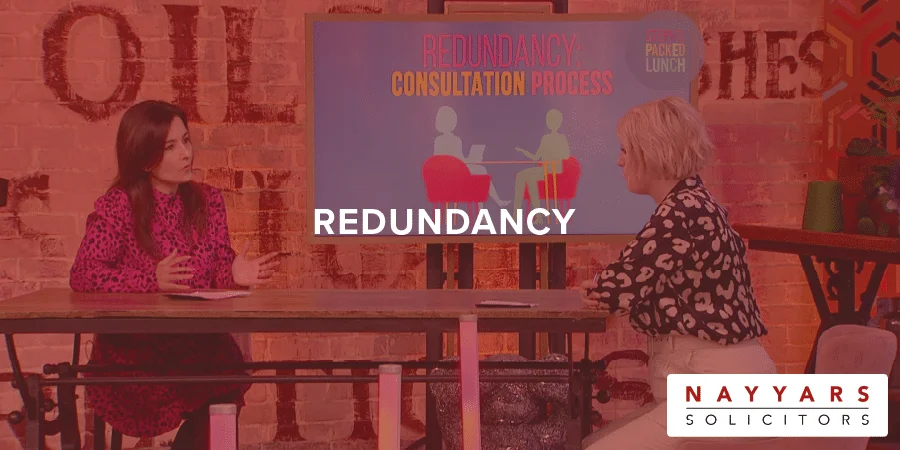Cohabitation Agreements And Disputes
According to the latest census figures, the total number of cohabiting couples has increased from around 1.5 million in 1996 to around 3.6 million in 2021, an increase of 144%.
Despite being the UK’s fastest growing family group, unmarried couples who live together have few legal rights.
If you and your partner separate, or you wish to have a Cohabitation Agreement drawn up, our Family Law Solicitors can provide expert, practical advice. In the case of separation, we know you may be shocked and upset to discover that you have no automatic right to property and assets that are in your ex-partner’s name. This is especially so if you have been together for many years. We can help you understand your rights and talk you though the legal options available to give you the best chance of securing what is fair in terms of your family’s finances and assets.
We can also assist you in making arrangements for your children if you separate and advise and represent you if a dispute develops and you wish to apply for a Prohibited Steps Order or a Specific Issue Order.
























